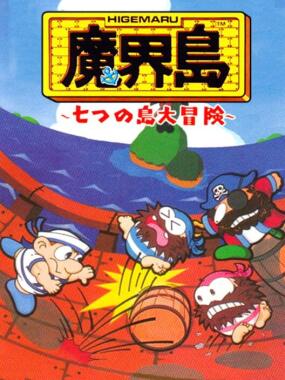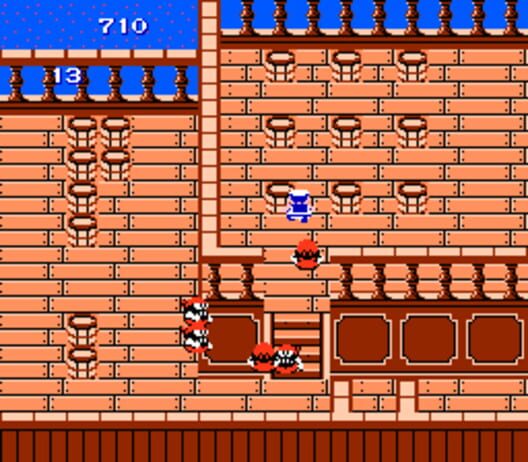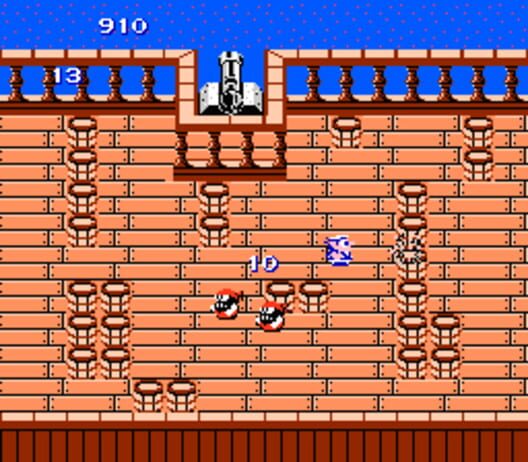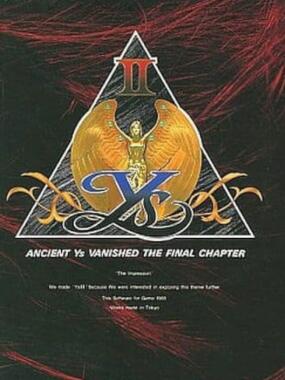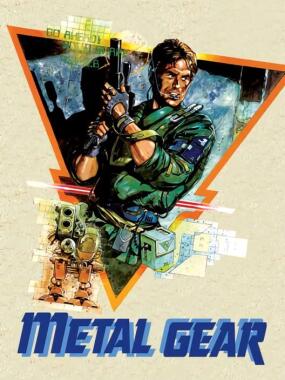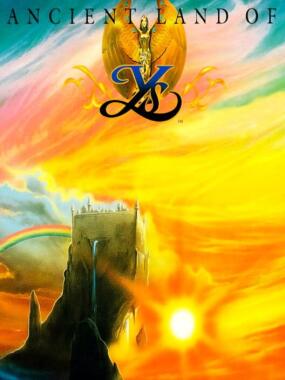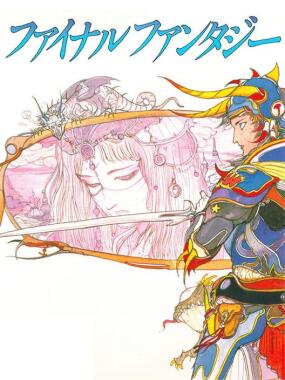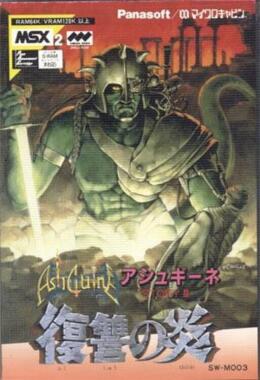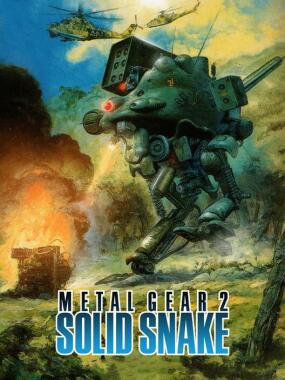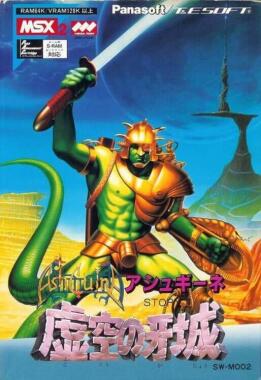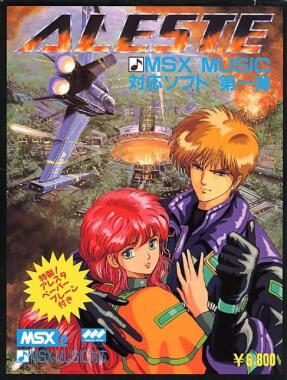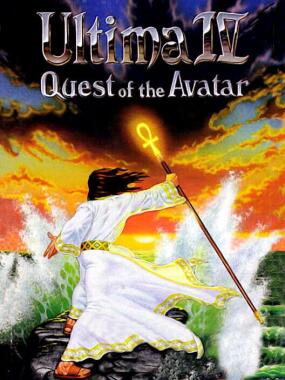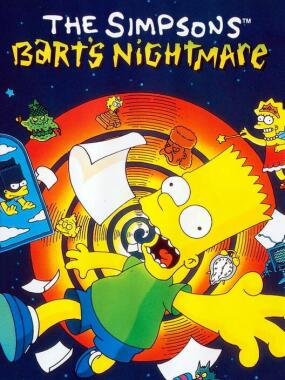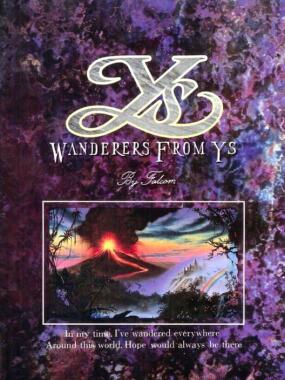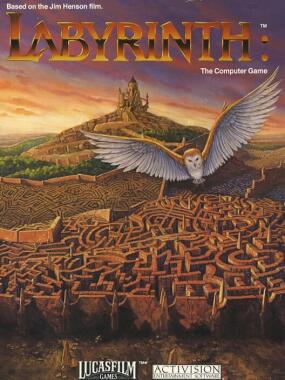Higemaru Makai Shima: Nanatsu no Shima Daibouken 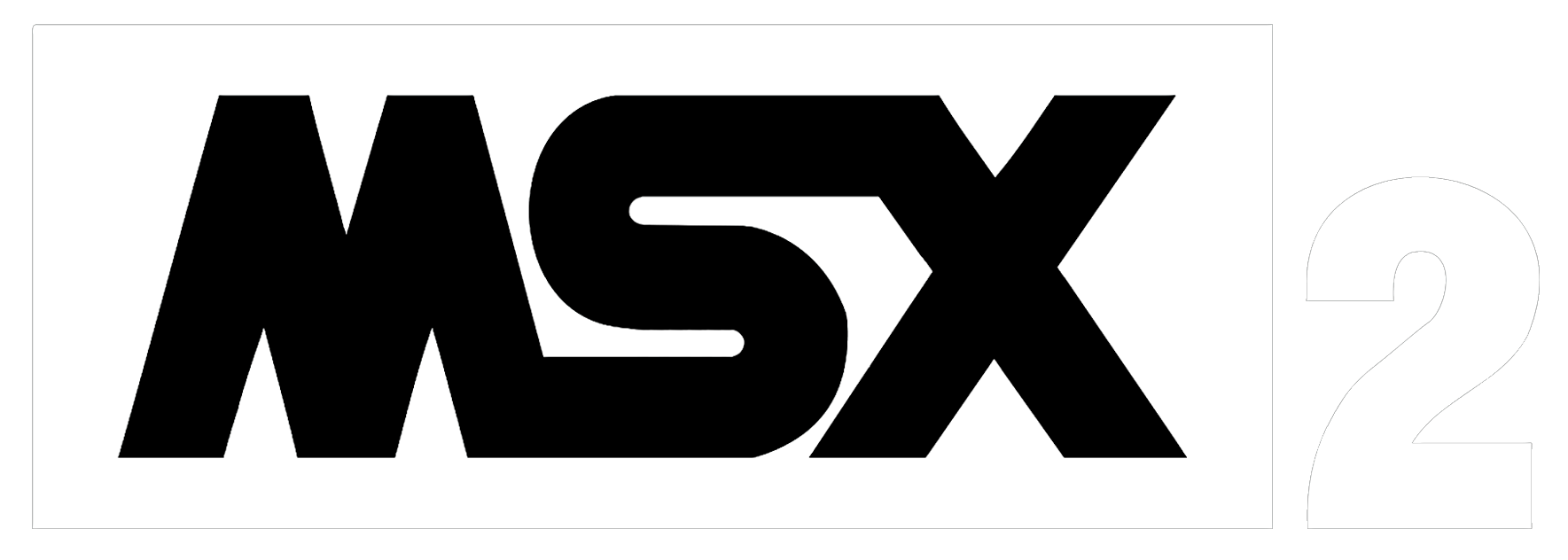
- ~
- Share
Higemaru Makaijima: Nanatsu no Shima Daibōken, also known as Hell Island: Great Adventure of 7 Islands, is a 1987 action-adventure video game for Famicom and MSX home computer systems, developed and published by Capcom. It served as a sequel to Capcom's 1984 arcade game, Pirate Ship Higemaru, and was exclusively released in Japan. Its protagonist, Momotaru, from the original game, seeks to find a grand treasure by navigating the ocean, invading pirate ships and collecting keys to access individual islands. Momotaru subsequently explores each island and gathers treasures after defeating the resident boss. Due to its gameplay similarity, the game often draws comparisons to The Legend of Zelda series.
Release Date
Apr 14, 1987
38 years ago
Age Ratings

Higemaru Makai Shima: Nanatsu no Shima Daibouken Game Wiki
Experience Higemaru Makai Shima: Nanatsu no Shima Daibouken Game (USA) online wiki exclusivly at RetroSpot.net. View Higemaru Makai Shima: Nanatsu no Shima Daibouken and use it with an core of your choice. Higemaru Makai Shima: Nanatsu no Shima Daibouken is compatible with PC, Mac, iOS and Android. RetroSpot is USA #1 choice for Retro Game information for games like Higemaru Makai Shima: Nanatsu no Shima Daibouken.
